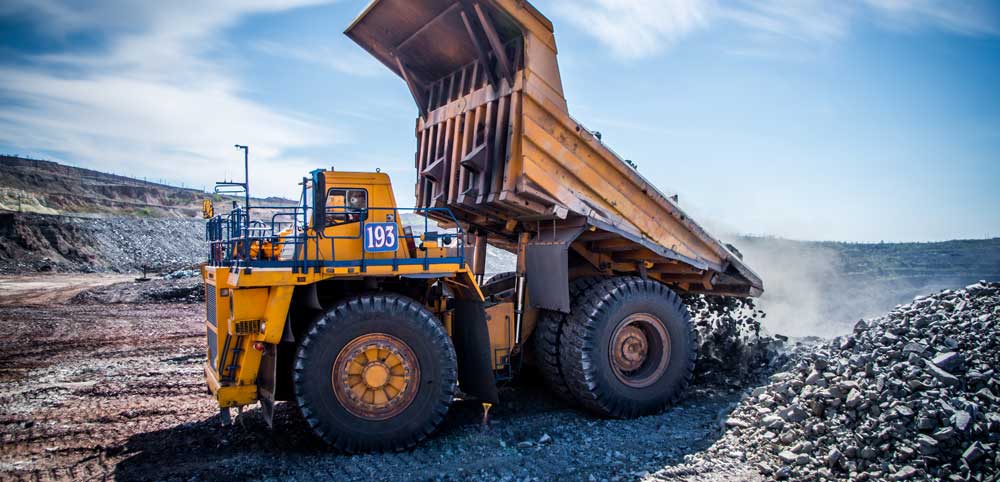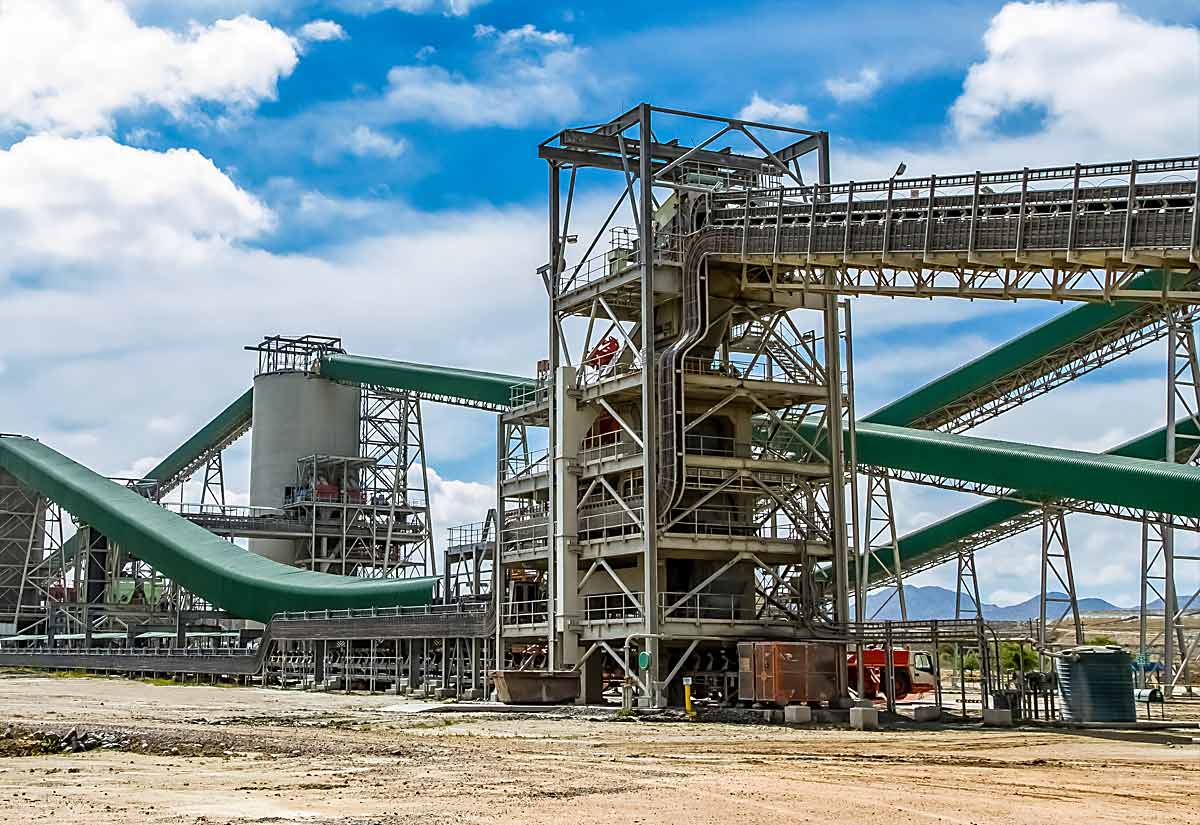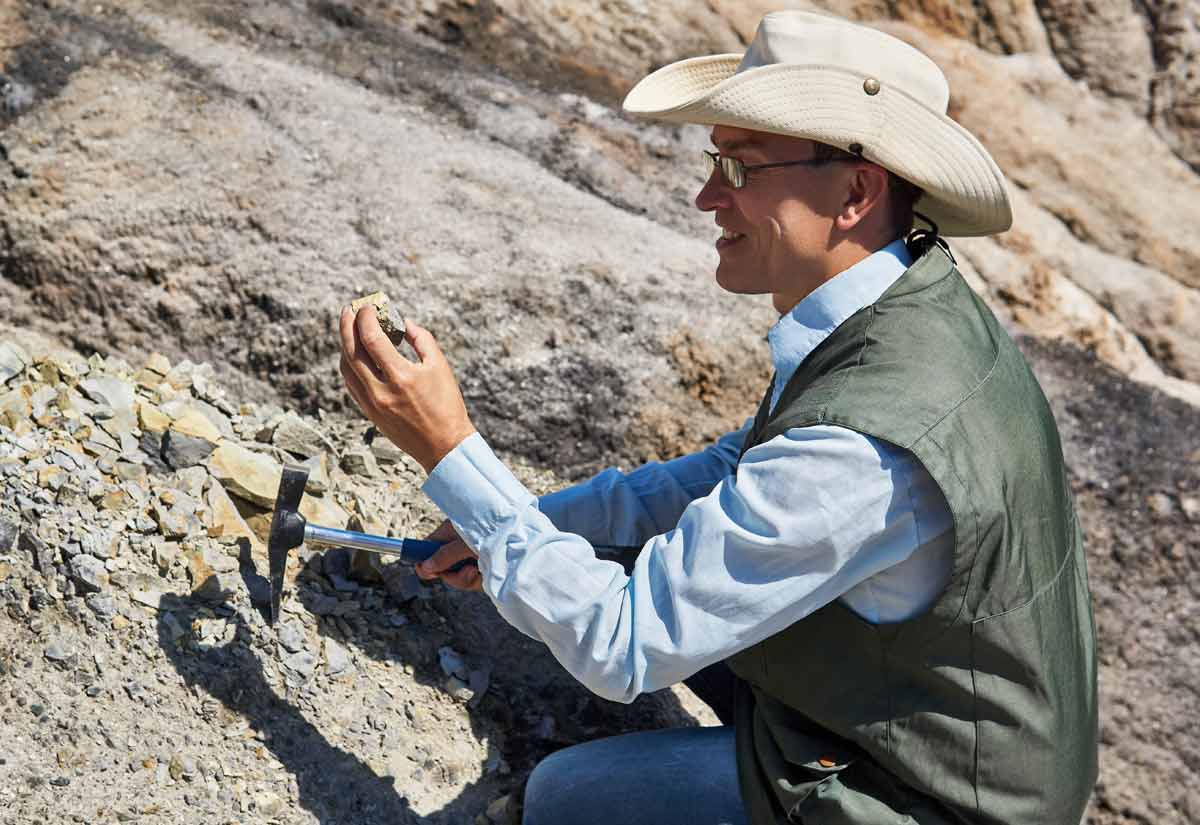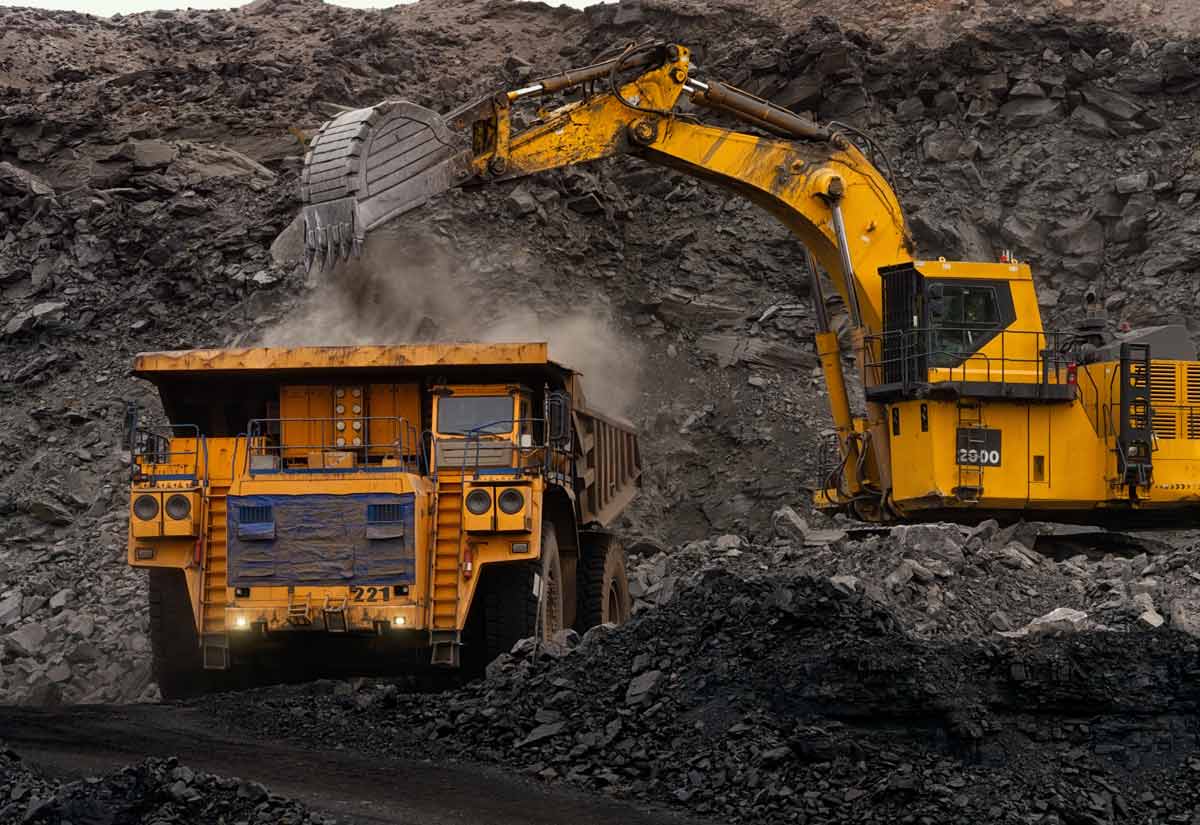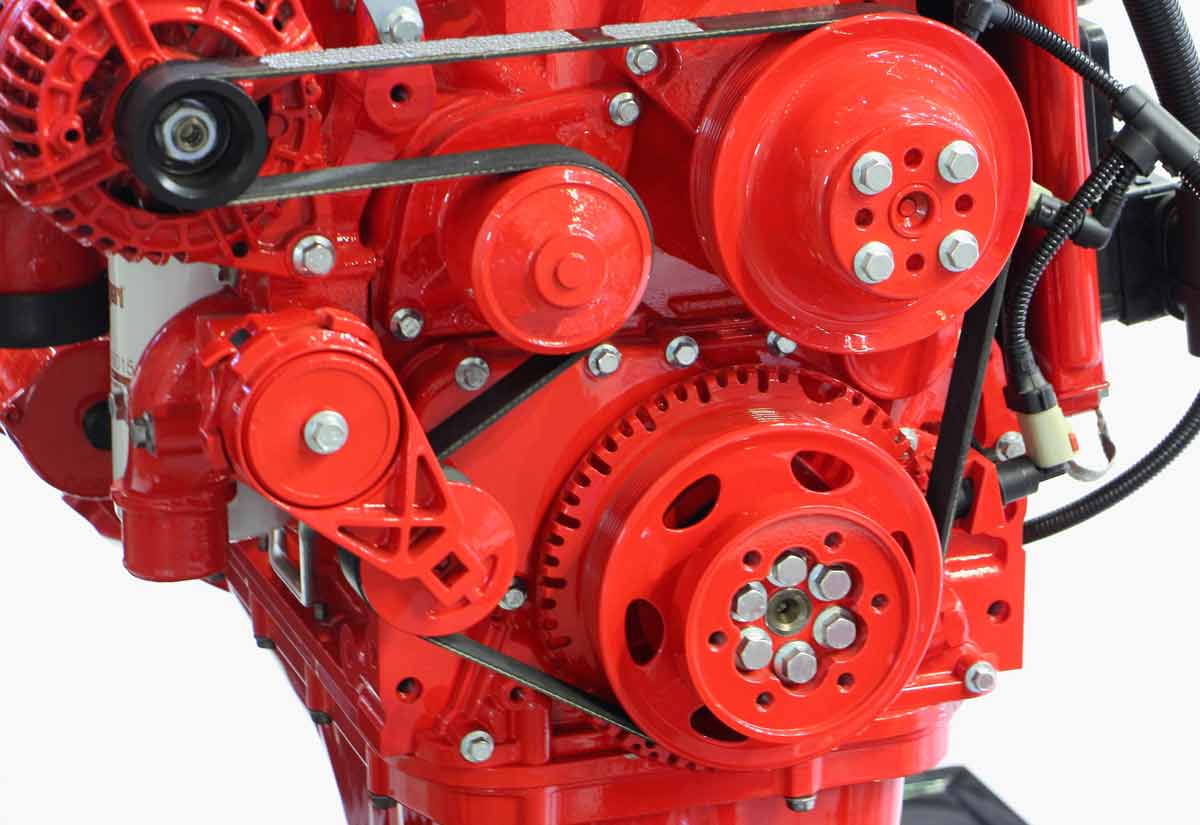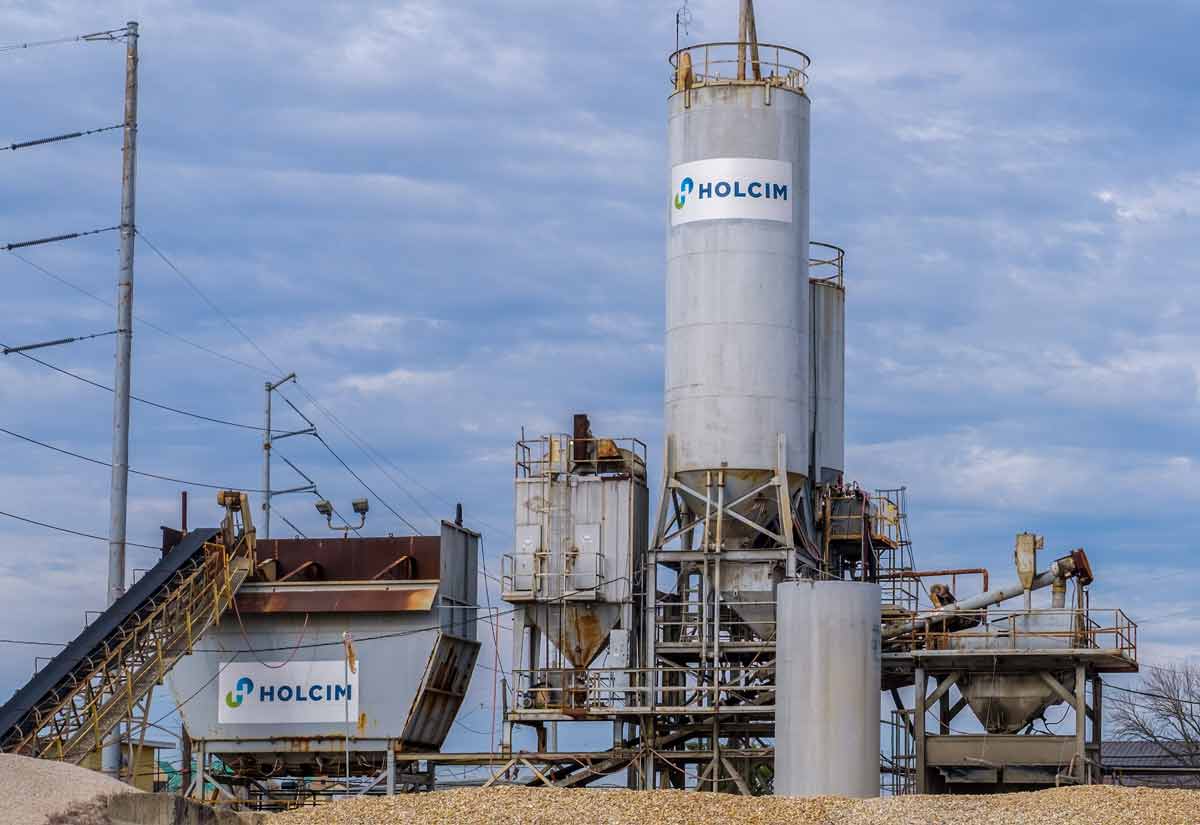“Heavy industry is a type of business that involves large-scale undertakings, big equipment, large areas of land, high cost, and high barriers to entry. It contrasts with light industry, or production that is small-scale, can be completed in factories or small facilities, costs less, and has lower barriers to entry.”- Investopedia – Heavy Industry: Considerations For Large Scale Businesses
Battling Billionaires and the MSM (Mid-Summer Madness) CEO Circus
Apparently Ford EV owners plugging in to Tesla Super Charging Stations via the Elon Musk/Jim Farley (Ford CE0) connection didn’t provide enough limelight for our favorite engineer, entrepreneur, and now mass social media Twitter mogul this June.
It’s as if Musk and Facebook billionaire Mark Zuckerberg have determined to epitomize the ongoing Heavy Industry vs Silicon Valley battle to recruit workforce professionals, entrepreneurs, and investors to their respective sectors.
Now these two battling billionaires will take the fight literally to the MMA cage in some uber-hyped cartoon version of the industry competition for resources, human and otherwise, in full bloody MMA color. Unless of course the two billionaires show up in protective Iron Man apparel with pillow-sized head gear, assuming that this crass publicity stunt plays out to the bitter end and they show up at all.
You can’t make this stuff up.
Our first question had to be whether either of the conspicuous contenders have ever seen the classic episode of Friends where Monica’s hapless billionaire boyfriend Pete takes a whooping and ends up in a full body cast in the same pursuit.
Of course, fictional Pete was facing a professional opponent, whereas Musk-ular Elon has only to face off with a rather scrawny amateur, Zuckerberg, who lets face it, looks like the poster boy for Silicon Valley nerds who couldn’t fight their way out of a paper bag even after the steroids kick in.
We haven’t witnessed such an anticipated match of this caliber since 5th grade. No word yet on whether Joltin’ Joe Biden will take on the winner behind the White House gym.
So now that this week’s SEO (Search Engine Optimization) pump has been duly primed thanks to billionaire buffoonery and the Musk vs Zuck Google circus let’s look at their respective sectors in competition out of the cage and in the real world of essential industries.
And we’re not talking Twitter vs Facebook here, the keywords being “essential industries” in which Musk is a true heavyweight and the Silicon Valley “apps” sector that produces …well nothing tangible and certainly nothing essential, is hardly a player at all.
Tesla CEO Elon Musk wishes more entrepreneurs would focus on heavy industry where the opportunities are “tremendous”- Yahoo Finance
The Tesla CEO made his most recent endorsements of heavy industry while speaking with Ford CEO Jim Farley in the Twitter Spaces event we mentioned at the link above. The two EV salesmen/CEOs announced that 12,000 Tesla supercharger stations will become available to owners of Ford electric vehicles.
While the Farley/Musk sales duo presents this as exciting news, it’s a drop in the EV charging bucket and likely frustrating news for Tesla owners. As charging infrastructure continues to lag far behind increasing EV popularity, Tesla and other EV enthusiasts can look forward to sparse availability and even longer lines, while EV support infrastructure catches up to more than 145,000 traditional fueling stations across the United States as reported by the American Petroleum Institute.
According to Experian statistics published at the Hertz website, 1.7 million electric cars are in operation in the USA, a miniscule fraction of the 285 million total vehicles on the road. But thanks to aggressive green mainstream marketing from Ford, Tesla, and the Biden IRA kickback to EV consumers, we’re just at the opening round of the “EV Revolution”, to use the term loosely considering the current, anything-but-revolutionary, EV consumer numbers.
There’s no denying the significant EV sales trend that Musk and Farley would profit from if they can kindle the flickering green flame and keep the momentum going toward a true revolution in the US automotive industry.
- Global electric car sales doubled between 2020 and 2021 to reach 6.6 million in sales. But don’t get too excited about the doubled size of the green drop in the energy bucket.
- In 2022, the auto industry in the United States sold approximately 13.75 million light vehicles.
- The revenue of United States motor vehicle and parts dealers was $1.53 trillion as of 2021.
- The auto industry accounts for 3% of America’s GDP.
- New electric vehicle registrations are up. By 2018, they accounted for just 1.5% of total new vehicle registrations. By 2022, they had risen to over 5%. This is an increase of 250%.
While these numbers may persuade a cage fight crowd mentality, doubling small numbers fails to justify the terms “revolution”. At least not yet, and a 250% increase in EV sales every 4 years will likely be unsustainable by the sustainable energy crowd until convenient charge-at-home plug-in stations are an option. And even if the 127,000 convenience stores that currently sell gasoline and diesel all add EV charging “pumps”, the economy will be perilously dependent on China and its near monopolies on essential battery, cathode and anode minerals and metals.
Musk Renews the Call For a Domestic Industrial Mineral Supply Chain
Any new EVs and the charging infrastructure to support them will require an enormous effort from heavy industry across the board, but they all rest on the industrial mineral mining and processing sectors and a reliable domestic supply chain.
So it’s no wonder that the Musk/Farley Twitter conversation turned to the essentials of their greentopia transition, and Musk renewed his call for entrepreneurs to reject Silicon Valley get-rich-quick schemes and reconsider mining, mineral processing, and infrastructure investment opportunities.
Elon isn’t waiting patiently for a wave of heavy industry investment enthusiasm, reluctantly taking on the mining and processing challenges himself when required.
Ford CEO Farley queried Musk about his progress processing raw materials near Corpus Christi, Texas, where Tesla earlier this month broke ground on their new lithium refinery. While the essential battery mineral is widely available worldwide, the domestic supplies of lithium and other “magnet metals” have been in short supply for years, a crisis that prompted President Trump to declare a “mining emergency” during his administration as we reported back in 2020.
Ironically, Musk would rather not dedicate Tesla resources to mineral mining and processing but as he told CEO Farley an “over-allocation” of talent is being diverted to less than essential pursuits in Silicon Valley, such as “apps on phones”.
“I see so many entrepreneurs in Silicon Valley doing a software startup or sort of chasing the latest greatest thing. But not enough of the talent in North America goes into heavy industry,” he said. “And the crazy thing is the opportunity in heavy industry is tremendous. So I’d just really like to encourage entrepreneurs to think about things that don’t involve, you know, that end up on a phone, basically.”
Musk isn’t alone in sounding the recruiting call for more heavy industry talent. Venture capitalist Paul Graham, a founder of the startup accelerator Y Combinator, characterized the situation as a “preponderance of software companies” on Musk’s reformed Twitter last month, tweeting, “Making physical stuff is hard. But don’t let that deter you, if that’s what you’re interested in.”
Musk replied with a succinct Tweet of his own, “Not enough talent in manufacturing & heavy industries.”
After he gets through clowning around with Zuck, perhaps Elon should call Resource Erectors.
About Resource Erectors
Elon Musk isn’t the only CEO calling for more talent in manufacturing and heavy industries. When your company is facing serious recruiting competition Resource Erectors can help you come out swinging in the professional human resources arena. We maintain ongoing connections with the top professional candidates in engineering, mining, manufacturing, industrial mineral processing, civil construction, sales, safety, and more.
If you’re a heavy industry professional at the top of your game, our industry-leading companies have lucrative opportunities available now, so don’t hesitate to contact us when you’re ready to make a move up the heavy industry career ladder.


